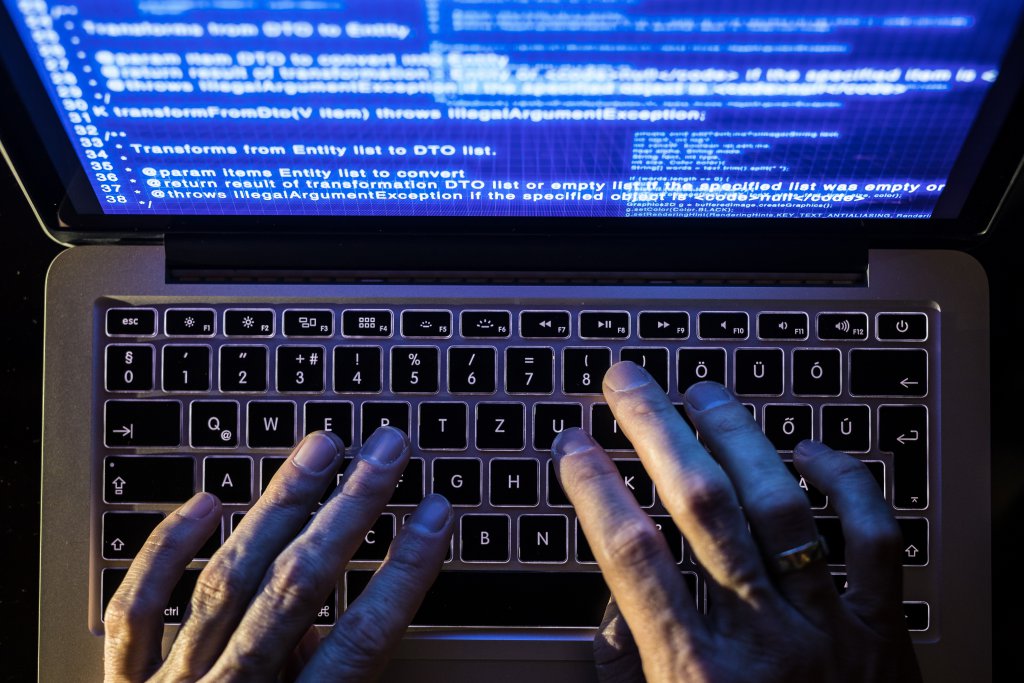
Don’t hope just to keep watch against hacking – get WatchGuard

The sad fact about hacking and cyberattacks, in general, is that it’s a case of when it happens to you, not if.
While the mainstream press seems to be full of high-profile cyber security breaches and massive data losses, there are innumerable successful hacks into businesses and organizations of all sizes – from five-person operations up to more substantial, yet lesser-known, enterprises.
Many smaller businesses think themselves immune; tragically that’s not the case. Cybersecurity experts WatchGuard produces an insightful live graphic of real-time tracking events, malware infections, and data breaches. Using this tool, business owners can see the extent to which their locale suffers.
So what cybersecurity measures does your company deploy? The chances are, there’s an anti-virus application installed on most computer terminals. There may even be some form of firewall between the local area network (LAN) and the internet.
In better cases, the firewall is separate; a physical box or service. In most cases, however, the router or gateway device also acts as a form of (rather perfunctory) firewalling.

What WatchGuard statistics show is that the majority of on-going attacks comprise what is known as zero-day events. These are incidents which, as the name suggests, take a form which has not been seen “in the wild” before, and so is therefore not susceptible to detection by traditional antivirus software or firewalls.
The reason for this is that these senior solutions rely on virus “signatures” derived from established attacks. In the case of zero-day events, traditional protection methods offer no guarantee of cyber safety.
While for the smaller organisation, a successful cyber attack may not exfiltrate vast sums of money, nor indeed gigabytes of customer data (complete with credit card details), when businesses of any size get hacked, they suffer due to computer downtime, lost revenues, wasted man-hours, and costs of attack mitigation — new software or hardware, in many cases.
In the case of ransomware, even paying to have an affected computer or network released from its encrypted state may not have the desired effect!
Paying a ransom can simply make you a bigger target for another attack with a higher ransom – or your initial network vulnerability could pave the way for a different type of malicious attack. Whether or not the ransom gets paid is, in some cases, irrelevant.

A further unpleasant development is the emergence of the ransomworms. This type of malicious code propagates itself, spreading across the internet looking for vulnerabilities. It is quite indiscriminate and not targeted — there is no reliance on human hackers for its spread. Therefore, anyone with any form of internet connection is susceptible.
Even for mid– and small-sized businesses and organizations, getting low-cost high-value cybersecurity measures provides an unarguably excellent return on investment (ROI).
WatchGuard understands the concerns about costs and ongoing business continuity that are foremost in the minds of business owners and chief financial officers.
By investing in WatchGuard’s cybersecurity solutions, organizations of any size can prevent malware spread or hacking attempts, the effects of which range from minor irritation to critical business event – businesses close every day, unable to recover from a cyber attack.
Contact WatchGuard today to learn how zero-day attacks, ransomware, ransomworms, and a host of other attack forms and vectors can be prevented. Alternatively to find out more information, you can visit the site here. You wouldn’t drive a car without insurance; don’t drive your business without WatchGuard.
READ MORE
- Ethical AI: The renewed importance of safeguarding data and customer privacy in Generative AI applications
- How Japan balances AI-driven opportunities with cybersecurity needs
- Deploying SASE: Benchmarking your approach
- Insurance everywhere all at once: the digital transformation of the APAC insurance industry
- Google parent Alphabet eyes HubSpot: A potential acquisition shaping the future of CRM
